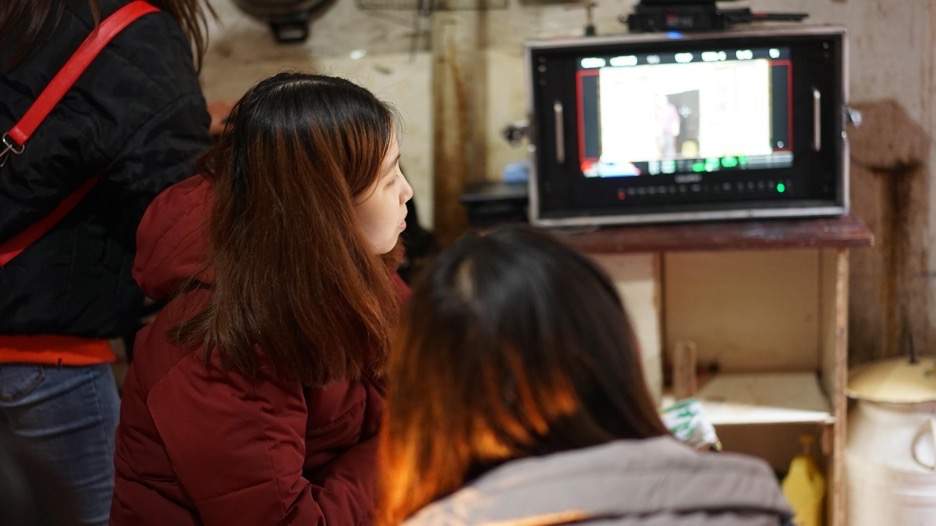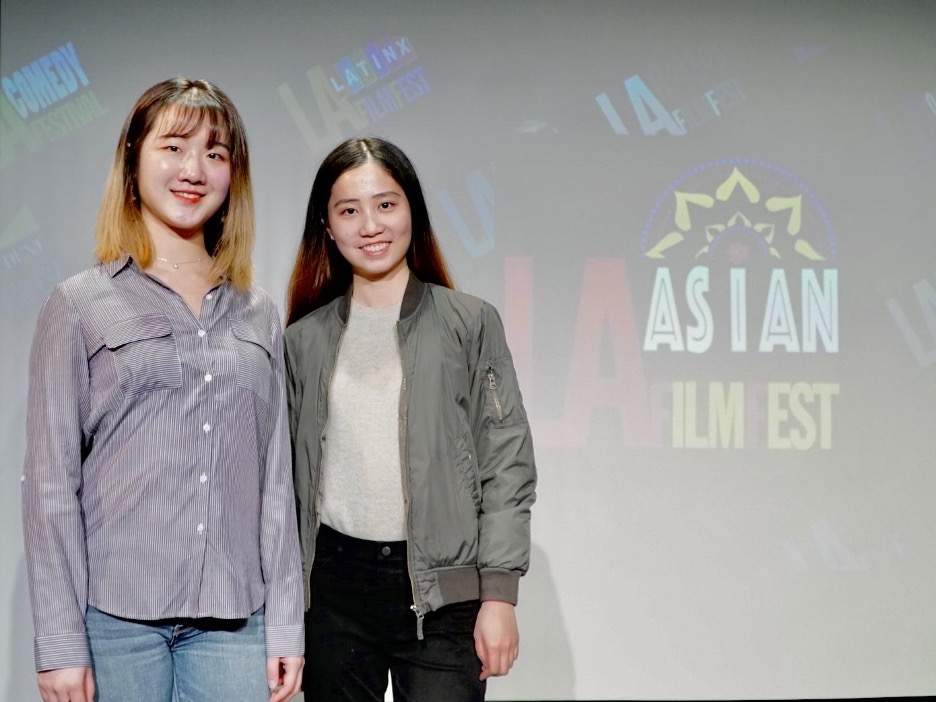
Shadow of the Moon is a film that instantly resonated with audiences around the world on a deep level. An Official Selection at events such as the Tokyo Lift-off Film Festival (2020), the 72nd Montecatini International Short Film Festival (Italy), the Asian American International Film Festival (USA), and countless others, this story of the forgotten children of China is undeniable in its ability to seize the emotions of all who view it.
\Awards at events such as the Lonely Seal International Film Festival establish a quantifiable success of Shadow of the Moon but the film itself stands as the greatest proof of the emotive impact it possesses. Producer Wendi Tang is a substantial factor in this film’s success; she knew instantly that she wanted to be a part of it.
Wendi imparts, “I only take projects that I feel deeply connected to when I produce. I believe that connection is essential for creating an enjoyable collaboration for everyone on board. When Shuhan [writer/director] first came to me, she told me her experience serving as a volunteer in a village in Guiyang for years before coming to the states for higher education. The story of Shadow of the Moon was inspired by one of the village girls she met when serving the community.”
“I can see through her eyes her care about those left-behind children in the village and her eagerness to tell their stories. Her previous work also showed that she’s an observant filmmaker and a sharp storyteller. I believe that with my help, we can visualize this story in its best form possible together.”

Responsibility; this concept is core to the story of Shadow of the Moon as well as well as in the hearts of those like Wendi who were behind creating it. For Loli, the young girl at the center of this film, it’s about her actions and what prompts them. For Wendi Tang, the producer who oversaw it from development all the way to post-production and festival distribution, it was about ensuring the story would be told in a way that allowed audiences to understand why good people sometimes do bad things.
Tang communicates, “I’m drawn to character-driven stories that deal with the greys and flaws of female characters. Loli is one of those female characters. She’s only 12 years old but the struggles and hardship she experiences cut deep into her feeling and shape her opinion about the world.” One scene which encapsulates the heart of the film is when Loli frames another little girl for stealing in hopes of being rescued from the orphanage which seems destined to be her home for untold years. Ms. Tang and director Shuhan Lei were single minded in establishing a tone of realism that permeates the entire film.”
“An extensive location search and scrutinizing casting sessions resulted in the production setting up camp in Guiyang. Wendi informs how essential this was to the aspired realistic climate of the film stating, “Three out of the five main characters in the movie required actresses to speak the Guizhou dialect, limiting our casting pool to only local actresses. The casting for Loli went on for about a month before we found Jiayan Jiang, a Guiyang local who was attending acting school in Beijing and aspired to be an actress.”

Wendi Tang’s brief “matter of fact” description of her work does not accurately depict her immense contributions to Shadow of the Moon. A passionate producer creates the very foundation of a film, establishing the environment which empowers all others involved in the filmmaking process to perform at an optimal level. The proof of this is evident upon viewing the film. Sincerity seethes from every scene in Shadow of the Moon.
Producer Wendi Tang believes fervently in the film’s ability to resonate far beyond its cultural setting as she notes, “Although the setting is specific, the emotions are universal. The sadness, anger, and fear of the protagonist is all shown through the plot. Regardless of the cultural background, the audience would feel those and relate those feelings to their own experiences. For female audiences, Loli’s story is even more relatable as we more or less had some masculine figures in life telling us what to and what not to do. This is an unfortunate reality we’re still living in.”
Writer: Coleman Haan